Canada
Study in Canada
There are more than 150.000 people who study in Canada from all over the world every year. Some of the many advantages of studying in Canada are: The universities and colleges in Canada are regarded universally because of the high standard of education. The tuition and living costs in Canada are some of the lowest in the world for international students. Canada is a country of multiculturalism, which makes every student from any ethnic group feel welcome and at home in Canada's community and colleges. According to the United Nations, Canada is one of the countries that offers a high quality of life.

Top Universities in Canada
-
University of Ottawa
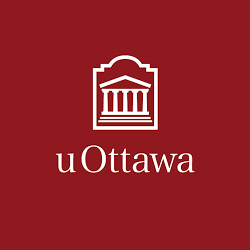
The University of Ottawa is the largest bilingual (English-French) university in the world. Located in the heart of Canada’s capital, we have ready access to the great institutions of our country.
-
University of Toronto
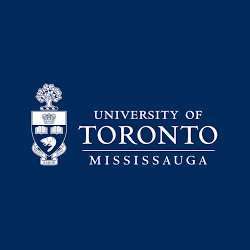
Founded in 1827, the University of Toronto is Canada’s top university with a long history of challenging the impossible and transforming society through the ingenuity and resolve of its faculty, students, alumni and supporters.
We are proud to be one of the world’s top research-intensive universities, bringing together top minds from every conceivable background and discipline to collaborate on the world’s most pressing challenges.
Our community is a catalyst for discovery, innovation and progress, creating knowledge and solutions that make a tangible difference around the globe. And we prepare our students for success through an outstanding global education rooted in excellence, inclusion and close-knit learning communities.
-
The University of British Columbia
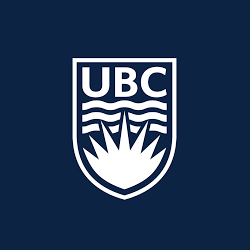
The University of British Columbia is a global centre for teaching, learning and research, consistently ranked among the top public universities in the world.
UBC embraces innovation and transforms ideas into action. Since 1915, UBC has been opening doors of opportunity for people with the curiosity, drive and vision to shape a better world.
-
McGill University
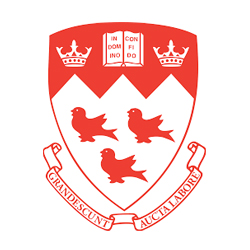
McGill University is one of Canada’s best-known institutions of higher learning and one of the leading universities in the world. International students from more than 150 countries make up nearly 30% of McGill’s student body ‒ the highest proportion of any Canadian research university.
-
McMaster University
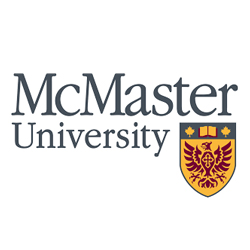
At McMaster, we collaborate across disciplines to solve some of the world’s toughest challenges, working together to improve people’s lives and contribute to our global knowledge base.
-
University of Alberta
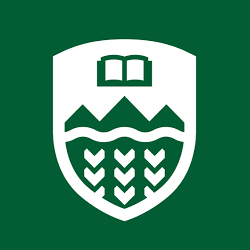
The University of Alberta in Edmonton is one of the top teaching and research universities in Canada, with an international reputation for excellence across the humanities, sciences, creative arts, business, engineering and health sciences.
-
University of Waterloo
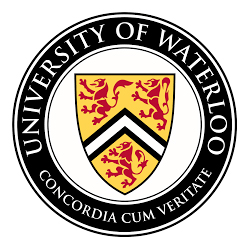
In 1957, the University of Waterloo opened its doors to 74 engineering students with co-operative education as its cornerstone.
Today, with more than 42,000+ students attending annually, Waterloo is #1 in Canada for experiential learning and employer-student connections.
With a global network spanning more than 244,000 alumni in 156 countries, Waterloo attracts world-class scholars including a Nobel Laureate, leads in providing work-integrated learning opportunities with 7,500+ active co-op employers and fosters an entrepreneurial spirit that’s created 5,000+ jobs through Velocity alone, Canada’s most productive startup incubator by private investment.
The University of Waterloo continues to spur innovation to solve problems on a global scale. Together, with the help of our partners and community, we can accomplish even more.
Country Facts
From untouched nature to vibrant metropolises, Canada is truly a country of contrasts. Though gigantic in size, this country has only a population of around 34 million. The rest is all unspoiled wilderness stretching on beyond your wildest dreams. A large part of the country is luckily still unspoiled but many exciting cities have also evolved, especially in the southern metropolitan regions.
Cosmopolitan, secure and clean- those are the words that can best describe both small and larger cities in Canada. The unique combination of wilderness, expanse and metropolitan areas will contribute to a unique experience while studying in this country. All of these reasons and more are why Canada is one of the most livable countries in the world.
Capital: Ottawa
Population: Approximately 34 Million.
Size: Approximately 10 Million square kilometers
Time Zone: UTC, 3.5 to -10 hours
Currency: Canadian Dollar (CAD) Currency Calculator
Official Languages: English and French
Visa, Languages, Work
A student visa is not required if you study for one to six months in Canada. For more than 6 months a permission to study must be requested at the Canadian embassy.
Canada has two official languages, English and French. ESC only cooperates with English-speaking universities. However, some universities offer their courses in both languages. Students do not have to be fluent in both languages to study at Canadian universities.
For students whose mother tongue is not English, a language test is required. The TOEFLtest is generally accepted, but in Canada other English language tests are also accepted such as the IELTS test.
If granted a permission to study you will be allowed to work on campus. As of only recently have students who study at least 6 month fulltime in Canada been allowed to also work off campus once they applied for a work permit (up to 20 hours a week, unlimited in the semester break). This work permit will be granted under the condition of satisfactory grades and must be signed off by the university. All ESC partner higher education institutions will provide a work permit under these conditions.
Higher Education System
Education is considered extremely important in Canada and is mostly financially supported by the government. This support ensures a consistent level of high quality that is not dependant on the particular institution or faculty. Canadian higher education institutions enjoy an excellent reputation worldwide.
Admission requirements and tuition fess can vary widely, as educational matters are regulated by the provincial governments. Universities in Canada offer a wide, innovative and diverse course program. Universities offer undergraduate, postgraduate and PhD degrees which are equal to American and other Commonwealth universities.
In addition to the diverse study programs, one of the biggest advantages of studying in Canada is that you can improve your skills in two languages, English and French. You can come into contact with each of these languages in your daily life and some universities offer courses in both. Outside of Québec, where French is the only official language, Ontario has the largest French-speaking population.
Canada has a very multicultural society influenced by its many groups of immigrants. Taking all of this into account, it should be not surprising that every year thousands of international students decide to study in Canada where they always receive a warm welcome.
Admission Process & Eligibility
- Have a valid passport;
- Have a letter of acceptance from an educational institution;
- Have enough money to support yourself;
- Complete an application form; and
- Pay a fee.
- UK

- USA
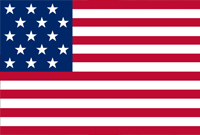
- Canada

- Australia
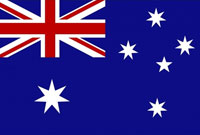
- New Zealand
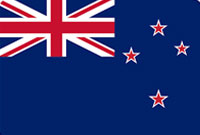
- Germany

- France
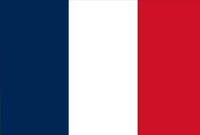
- Italy
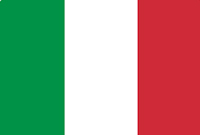
- Sweden
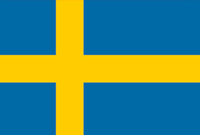
- Finland
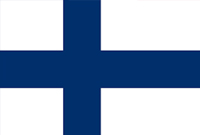
- Georgia
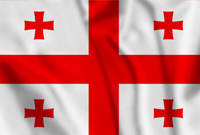
- Austria
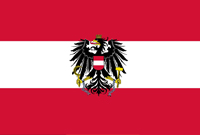
- Slovenia
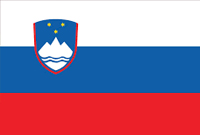
- Spain
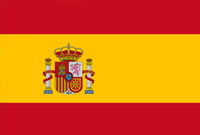
- Belgium
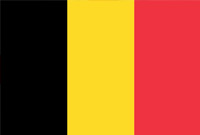
- Bulgaria
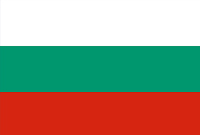
- Czech Republic
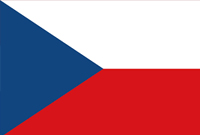
- Croatia
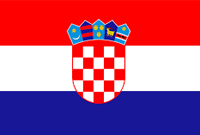
- Denmark
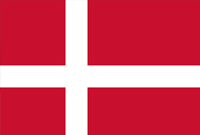
- Estonia
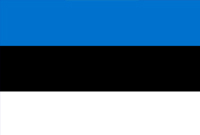
- Greece
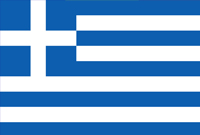
- Hungary
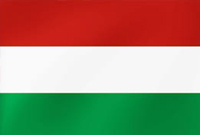
- Iceland
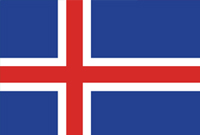
- Latvia
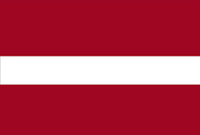
- Liechtenstein
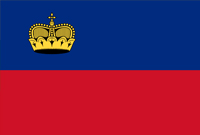
- Lithuania
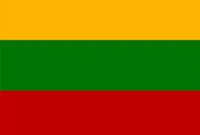
- Luxembourg
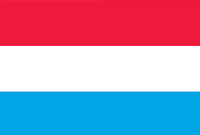
- Malta
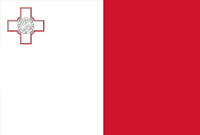
- Netherland
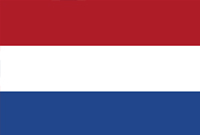
- Norway
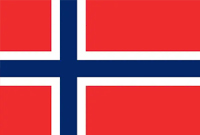
- Poland
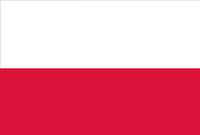
- Portugal

- Romania
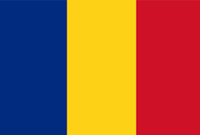
- Slovakia
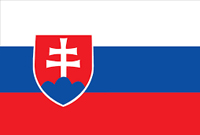
- Switzerland

- Serbia
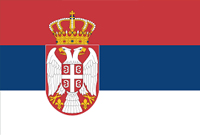
- Ireland

- Albania

- Moldova
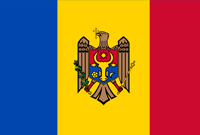
- Ukraine
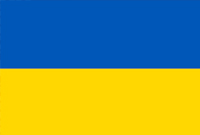
- Belarus

- Russia
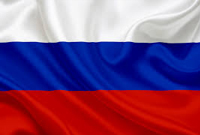
- Cyprus
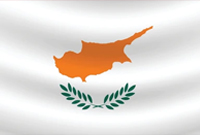
- Monaco

- Bosnia
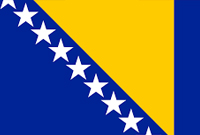
- Andorra
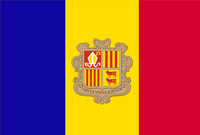
- Montenegro
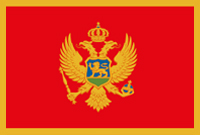
- More Contries

Why Choose Us?

Complete Assistant with Quality Service
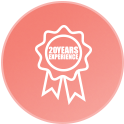
20 Years of Experience

India's most certified Agency

Study for Free or With Affordable Tuition Fee
Do you have questions or want more information?

